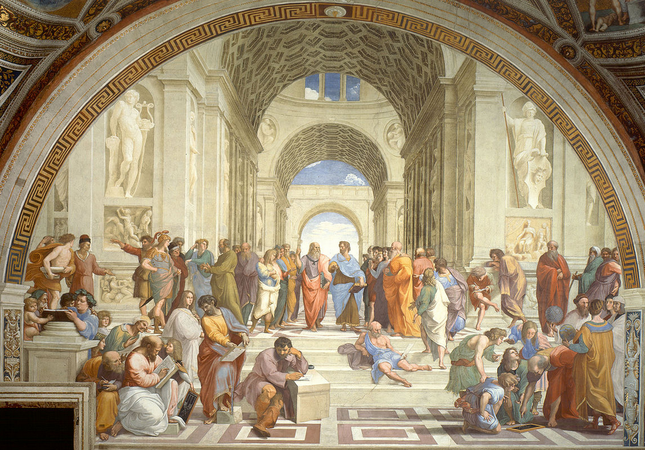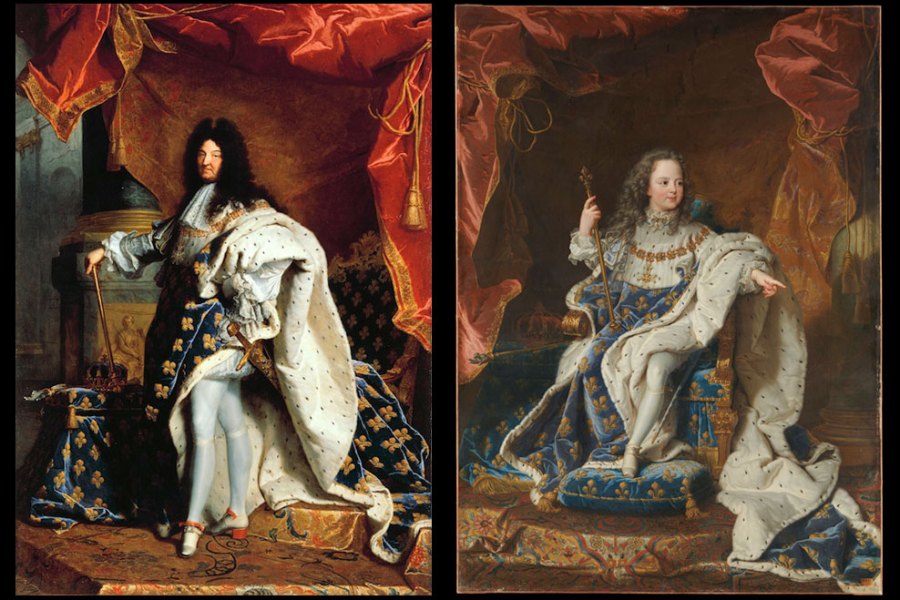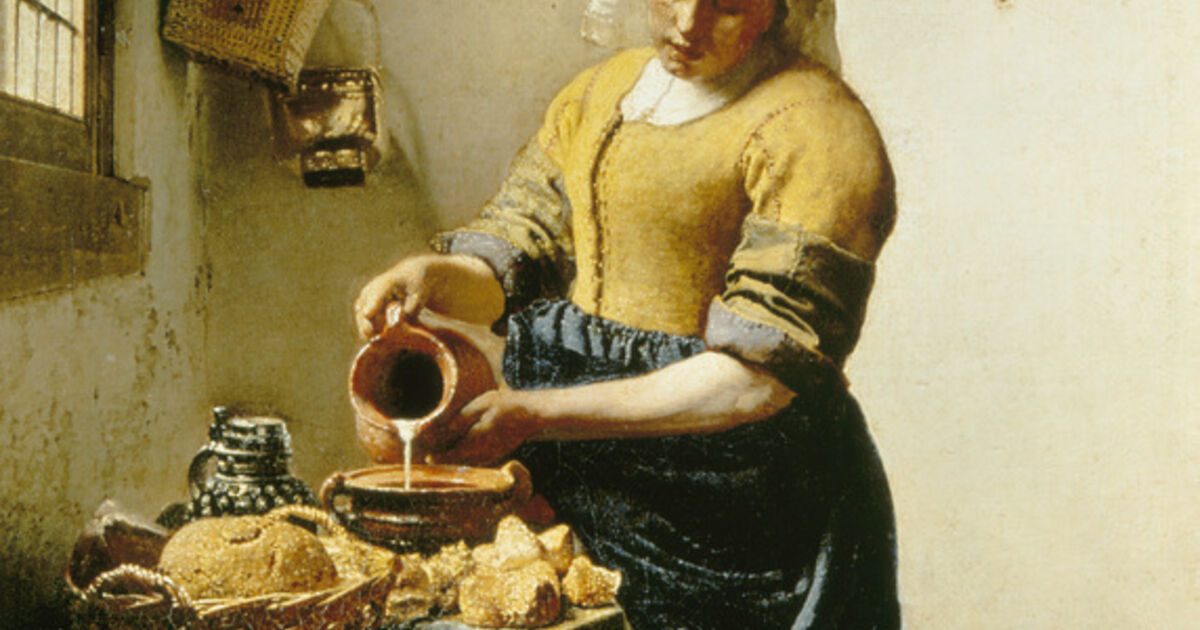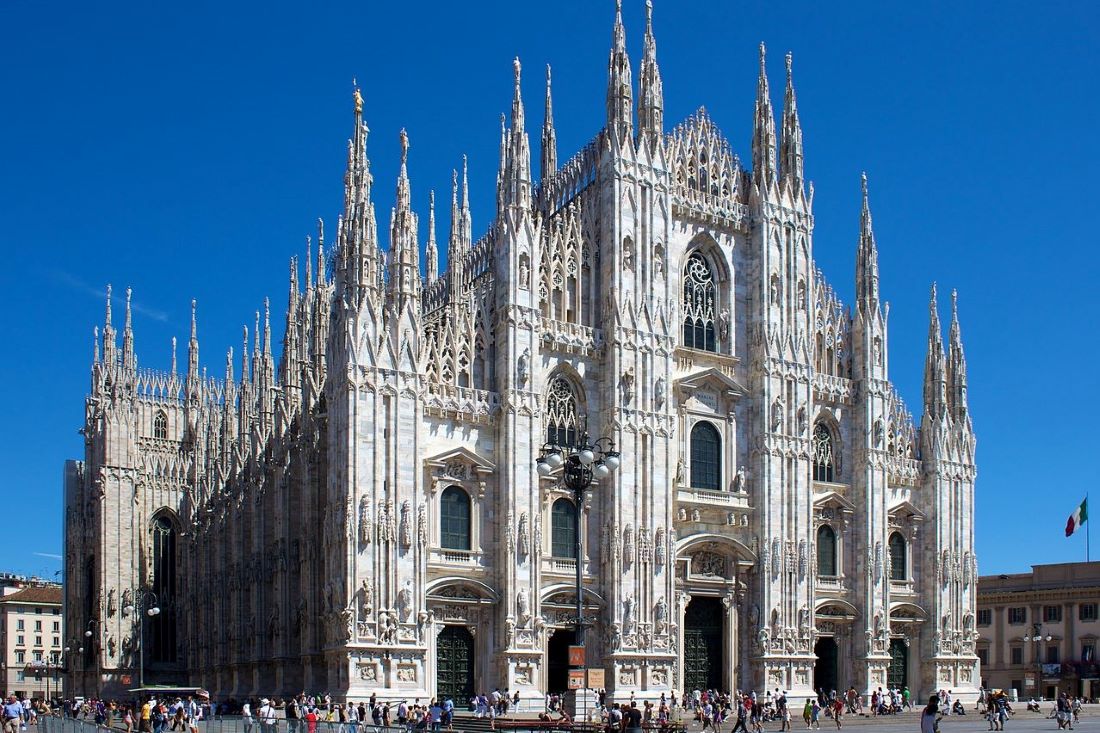Thomas More
Utopia (1516)
The painting above, entitled "The School of Athens" pays tribute to the ancients as part of this intellectual movement.

What is the Renaissance?
Before the Scientific Revolution took hold, people looked to the Church to explain the mysteries of the earthly world. Frightening occurrences such as paralysis, a sudden seizure, or a baby born ill or disfigured left people looking for an explanation/someone to blame...often the blame shifted onto this "group" -- usually women because they were more susceptible to "evil"
What were the Witches/Witch Hunts/Trials
This piece of technology is important to the Renaissance, Reformation, Scientific Revolution and Enlightenment. Without it it would have been much harder for ideas to spread across the continent
What is the printing press?
This wasn't so much a "revolution" as a return to what had been lost however, it can be considered a "revolution" because it led to lasting change and other revolutionary events that followed.
Renaissance
War of the Roses, a civil war, constitutional monarchy, Tutor and Stewart Dynasties, Bill of Rights, Anglicanism
England/Britain
Castiglione
The Courtier
What is this?

Brunelleschi's Dome
The famous Scottish monarch was briefly the Queen of France. She was Catholic and her return to a Protestant controlled Scotland caused conflict. She eventually would seek refuge with her cousin Queen "next door"--only to be held captive for 19 years and ultimately executed--Her son would become the first King of England AND Scotlandhidden.
Mary Queen of Scots
The Scientific Revolution, it has been argued, was to some extent caused by an increased interest in the natural world dating back to this earlier intellectual movement of the 15th century.
What was the Renaissance?
A major change in European thought, starting in the mid-1500s, in which the study of the natural world began to be characterized by careful observation and the questioning of accepted beliefs.
What is the Scientific Revolution?
War of the Three Henry's, St. Bartholomew's Day Massacre, Palace at Versailles, Valois and Bourbon dynasties
France
Adam Smith
Wealth of Nations (1776)
Who is this

Who is Louis XIV
She was Henry VIII's eldest daughter with Catherine of Aragon. She ruled England for 5 years along with her husband Phillip II making her Queen of Spain also for the last two years of her life. She restored Catholicism in England during her reign and was responsible for the execution of many Protestants --- so much so they put "bloody" in front of her name.
Mary I
Copernicus and Galileo both agreed in this theory of the Universe
Heliocentric/Sun Centered
This "pre-industrial" revolution way of working was the precursor to factories and assembly lines.
Cottage Industry/Putting Out System
St. Petersberg, EurAsia, Boyars, Great Northern War, Academy of Sciences, Peter the Great and Catherine the Great
Russia
Mary Wollstonecraft
A Vindication of the Rights of Woman
Vermeer was a famous painter of the Age or style

Dutch Golden Age/Dutch Realism
As the only female ruler of the Habsburg dominions, this absolute monarch successfully defended her territory against an invasion from Frederick II of Prussia in the War of Austrian Succession.
Who was Maria Theresa? (r. 1740-1780)
An instrument used by SAILORS to determine their location by observing the position of the stars and planets. Helped with navigation and made sea travel easier.
Astrolabe
Led by a Monk in the German states named Martin Luther this movement was meant to solve problems within the Catholic Church however in the end new Christian religions were established and the Chrisitan religion was changed forever.
Protestant Reformation
Hapsburgs, Phillip II, Armada attacked England, Isabella and Ferdinand, Inquisition, Moors
Spain
Mary Shelley
Frankinstein
This art/architectural style is known as 
Gothic
When Protestants closed these Catholic institutions in the sixteenth century, it left medieval women with fewer choices than before. Women both lived and worked in these institutions.
What are nunneries?
A small, maneuverable, three-mast sailing ship developed by the Portuguese in the 15th c. that gave the Portuguese a distinct advantage in exploration and trade. 
Caravel Ship
A philosophical movement that started in Europe in the 1700's and spread to the colonies. It emphasized reason and the scientific method. Tended to focus on government, ethics, and science, rather than on imagination, emotions, or religion.
Enlightenment
Hohenzollern Dynasty, Frederick William I, Frederick II (the Great), One of the "Great States of Europe" located in the area of modern-day Germany/Poland.
Prussia